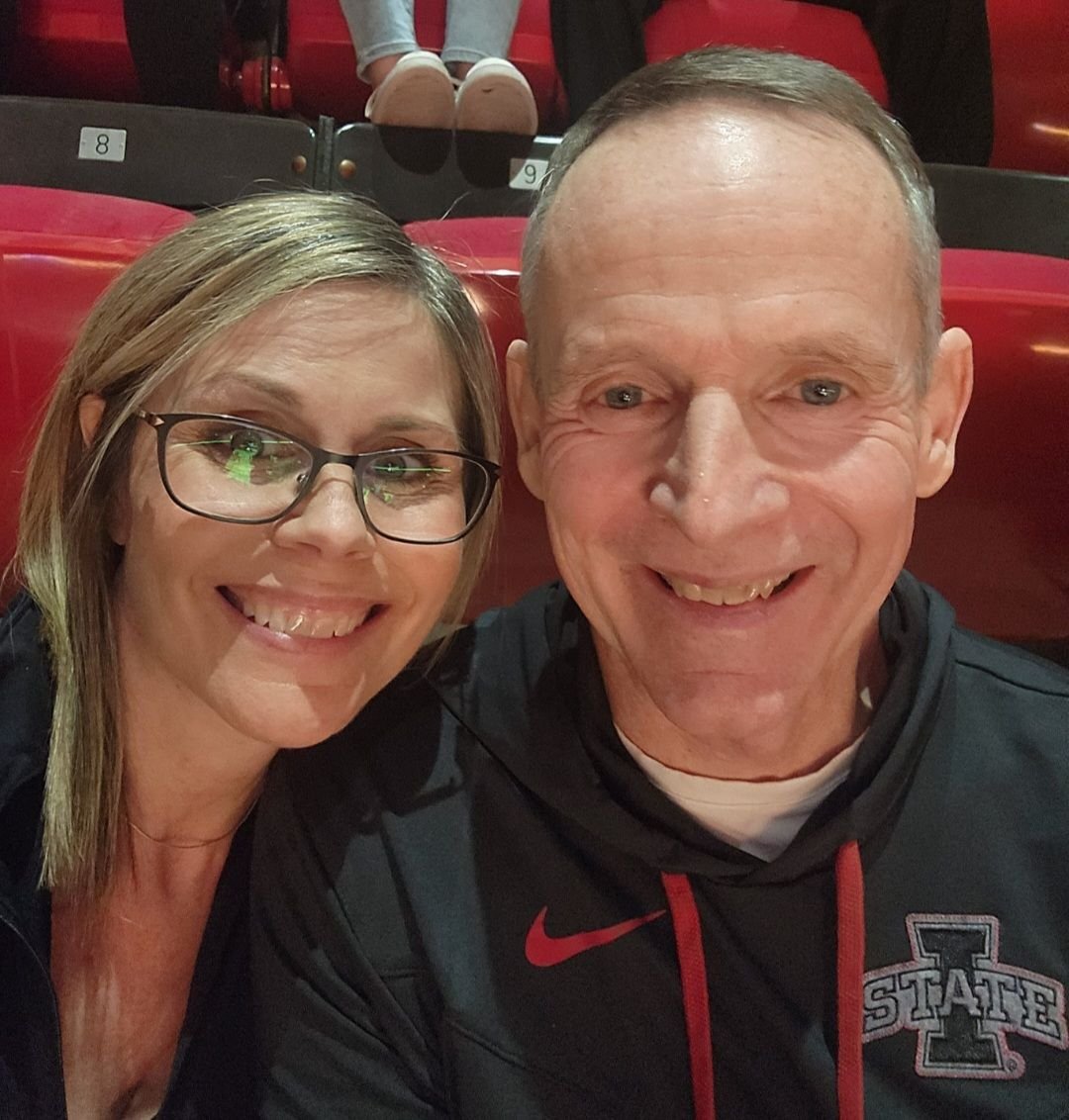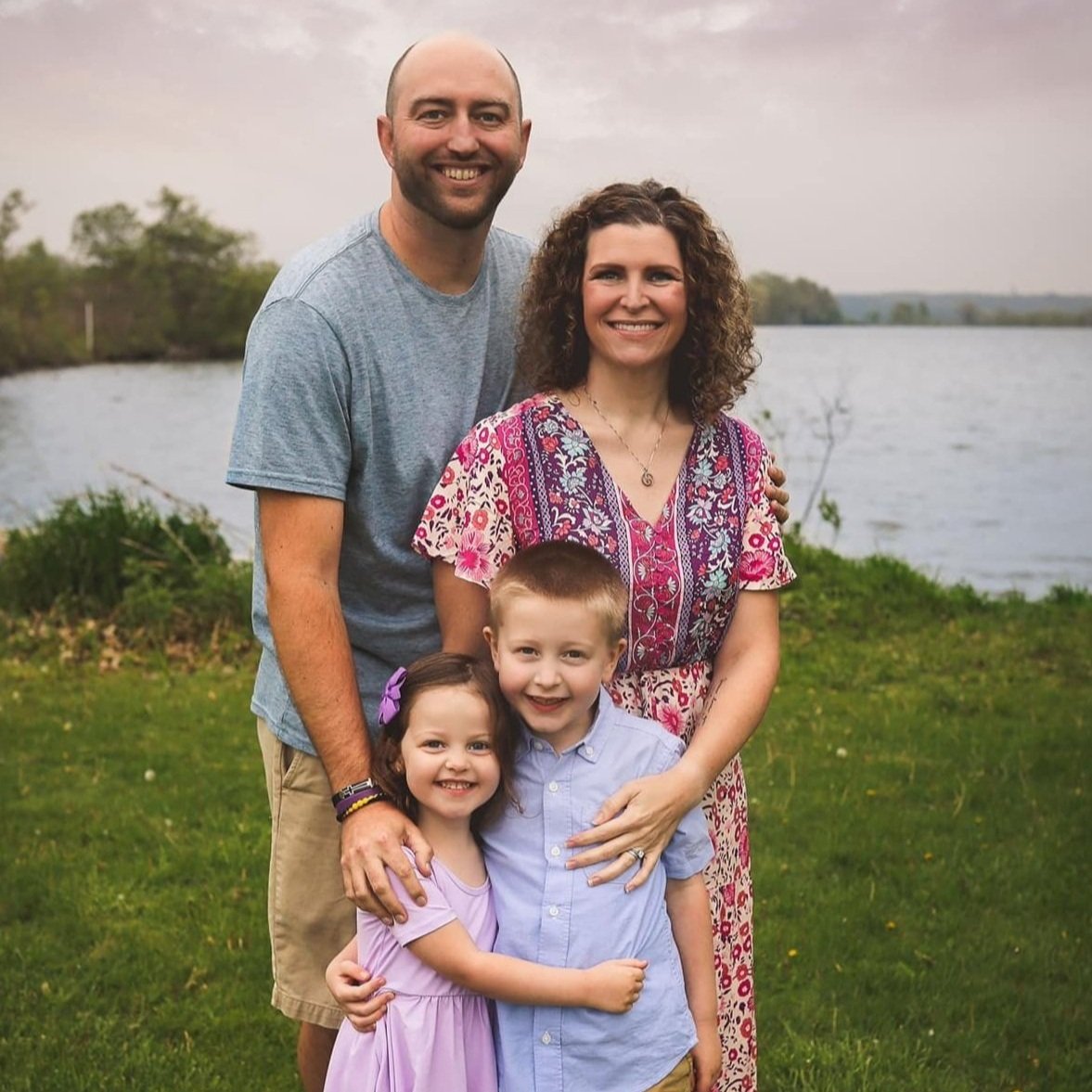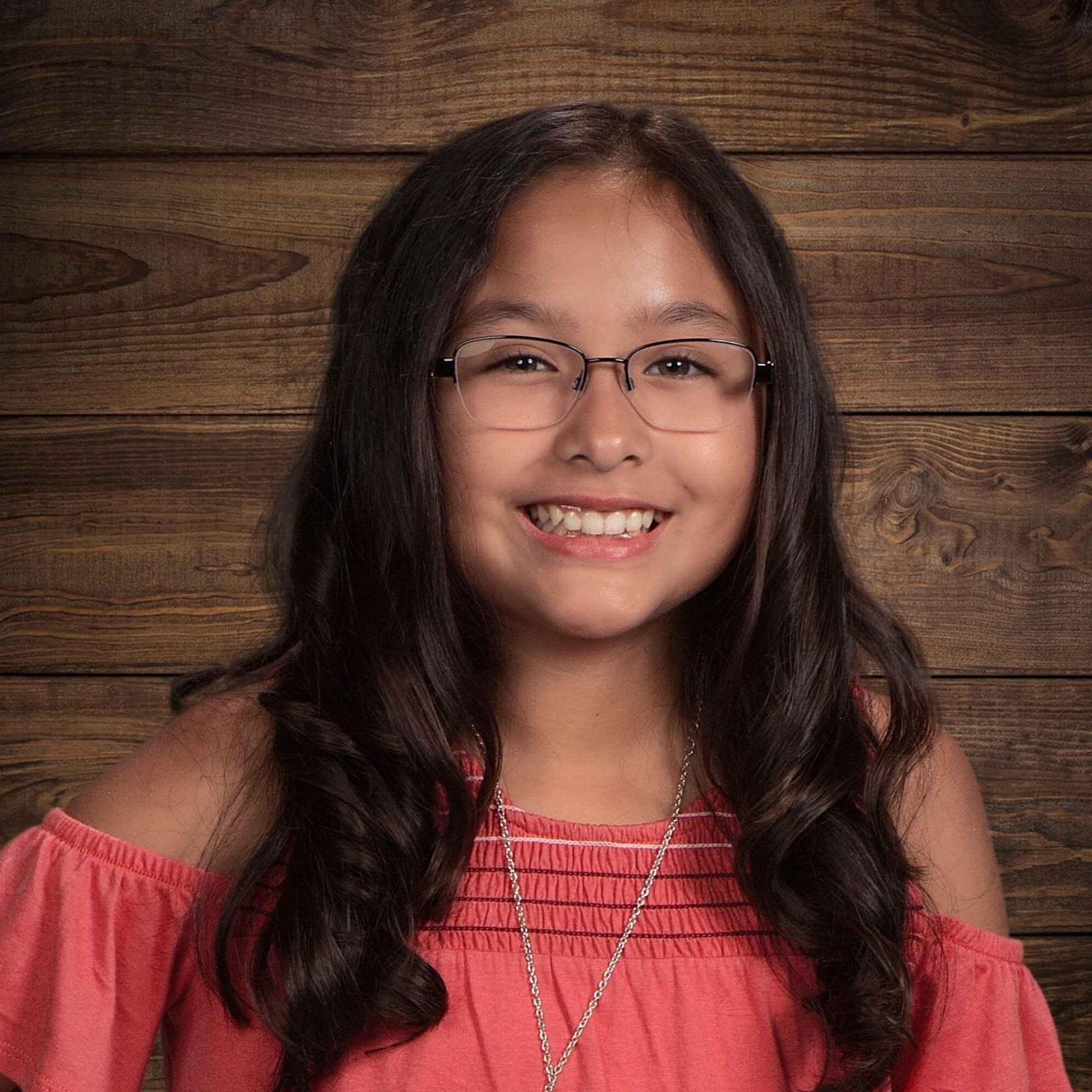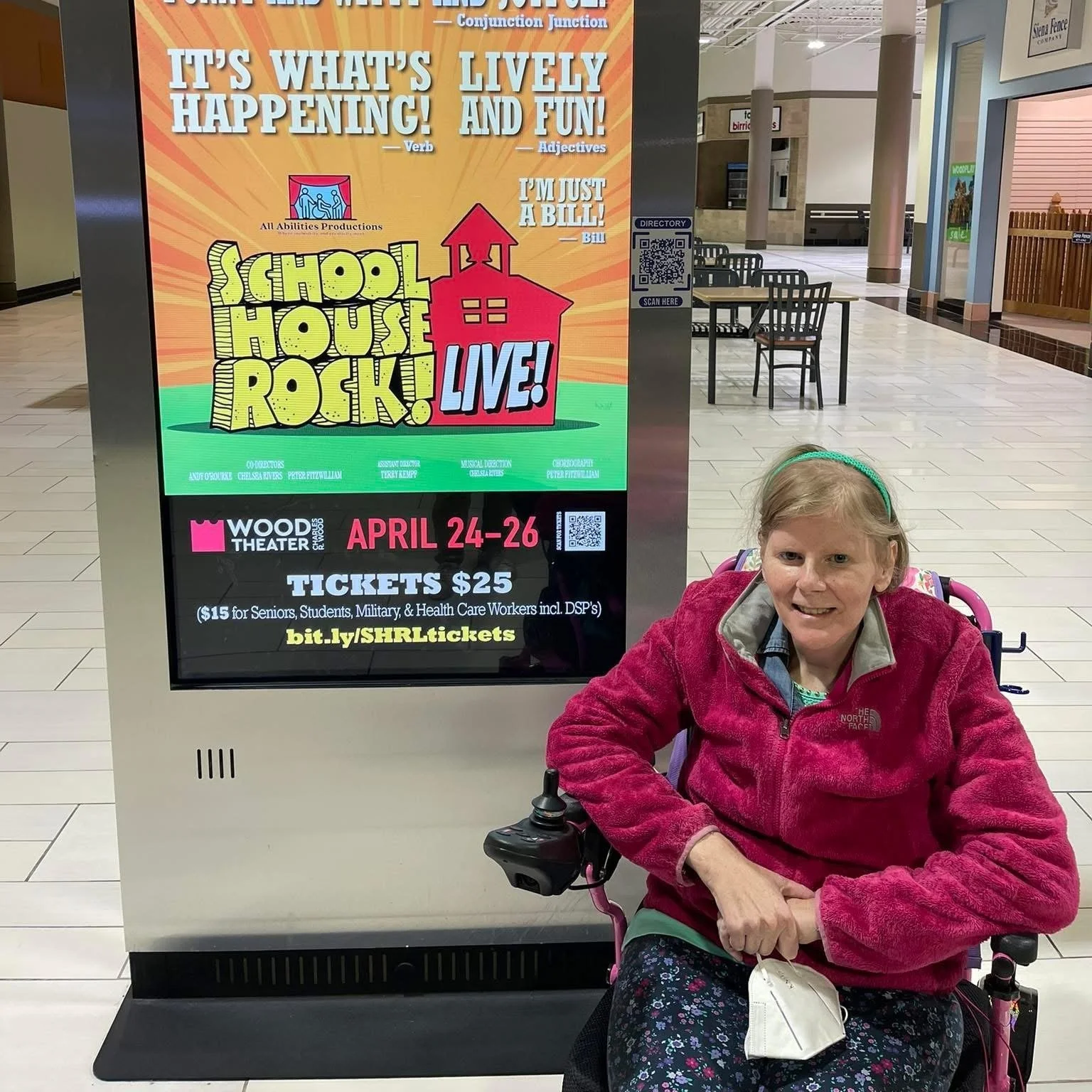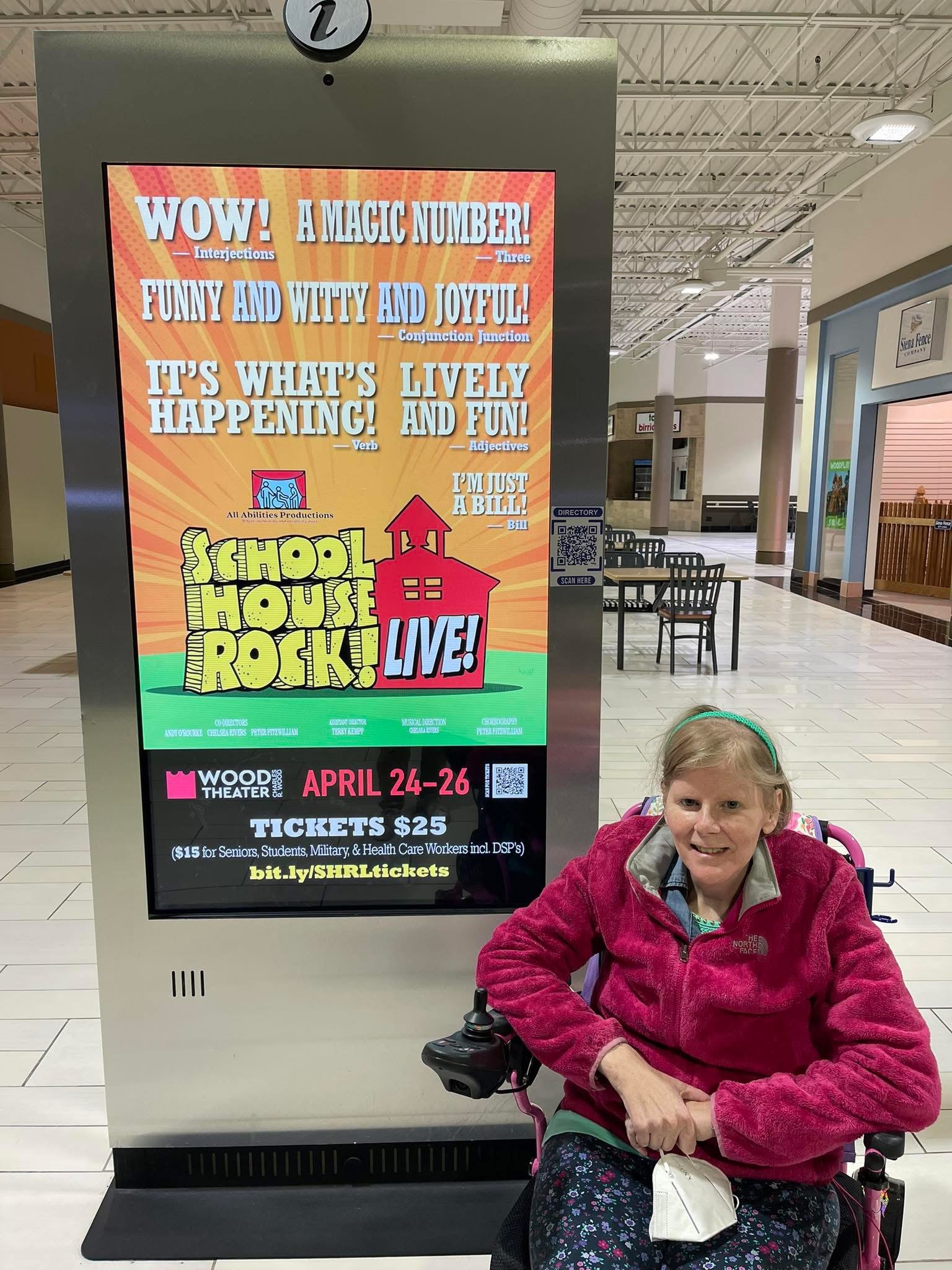In June of 2022, my son—a healthy, athletic 22-year-old serving in the Coast Guard—started experiencing knee pain. He assumed it was a minor meniscus tear and planned to fix it after finishing his service that fall. He had already lined up his dream job as a charter fisherman, managing the discomfort with Motrin and rest.
*Image from a photo archive
But in September, during his last week of active duty, his leg suddenly gave out. An urgent care x-ray revealed a large lesion, and further testing showed a grade-3 giant cell tumor that had consumed much of his tibia. He was quickly referred to a top orthopedic surgeon, and after weeks of scans and biopsies, surgery was scheduled. On December 29, 2022, he endured a 14½-hour limb-salvaging operation with cadaver bone and complex reconstruction.
We thought the worst was over, but weeks later pathology revealed the tumor was actually a rare, aggressive telangiectatic osteosarcoma. Instead of being “finished,” my son now faced chemotherapy. Most doctors recommended MAP chemo—methotrexate, Adriamycin, and cisplatin—and some even suggested amputation. Having already endured so much, he resisted. Independent by nature, he wanted to move on with his life. But the risks of microscopic cancer spread were too high. With the guidance of strong physicians and support from family, he finally agreed to treatment at Penn Medicine.
Chemo began in March 2023. It was brutal. Methotrexate required long inpatient stays. He endured every major side effect: mouth sores, infections, dangerously low blood counts, even a serious blood clot that required a filter. Despite this, he fought to stay on schedule, pushing himself through hospitalizations and setbacks with remarkable resilience.
Then, in the middle of treatment, we hit a crisis no family should face: a methotrexate shortage. Without it, his life-saving MAP protocol would be broken. I contacted every major organization I could think of, but the responses were dismissive or generic. That’s when I learned about Angels for Change. Founder Laura Bray responded immediately, connecting with Penn’s pharmacy team and locating the medicine—not just for my son, but for every patient at the hospital who needed it. Thanks to her and her team, he missed only one dose out of twelve, an outcome that quite literally changed his future.
By the end of 2023, the hardest part of treatment was behind him. While brittle bones from inactivity caused fractures and additional surgeries, his cancer scans remained clear. Today, he’s walking without crutches, regaining strength, and looking forward to the life he had planned.
This journey has been life-altering. My son went from being an athlete and Coast Guardsman to a young man battling an aggressive bone cancer. He fought through unimaginable physical pain, emotional turmoil, and the broken reality of medicine shortages. But he is still here—he’s strong, resilient, and healing.
For our family, Angels for Change was the turning point. In a moment when hope seemed to run out, they provided not only medicine but also compassion and urgency. Because of their work, my son completed his treatment on schedule and has the chance to live cancer-free. They lived up to their name for us, becoming angels in the truest sense.










